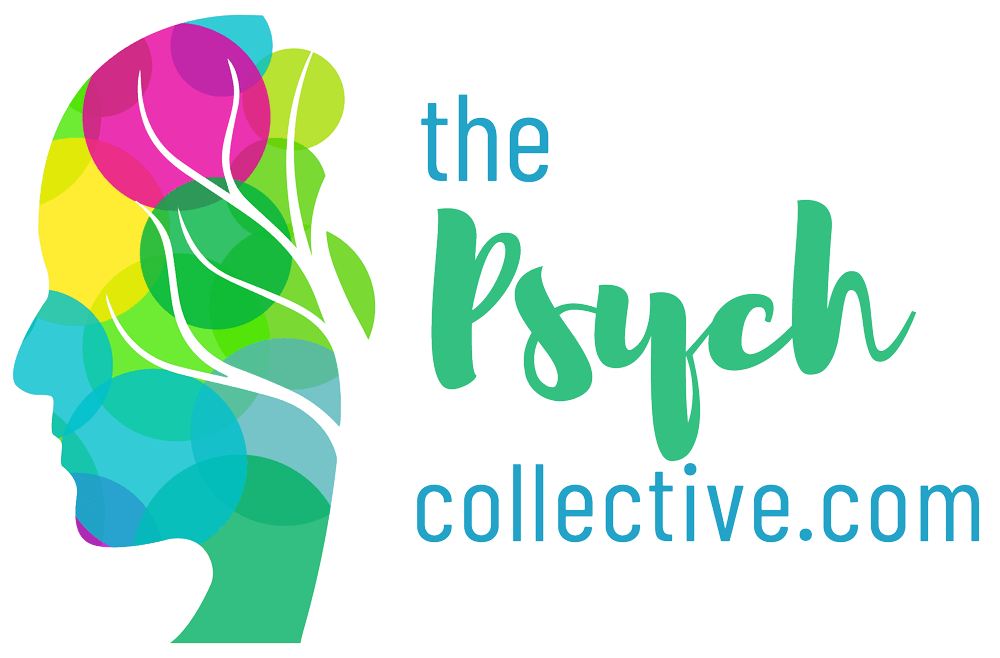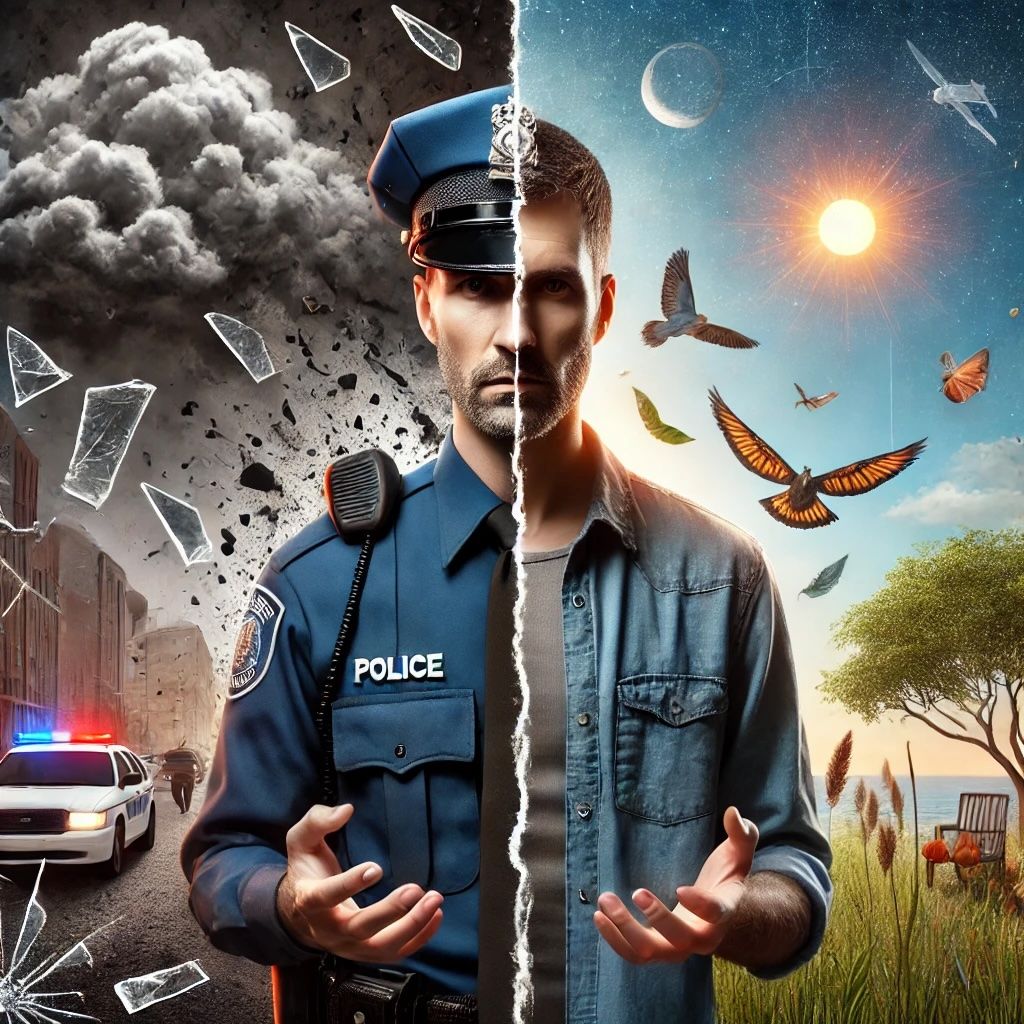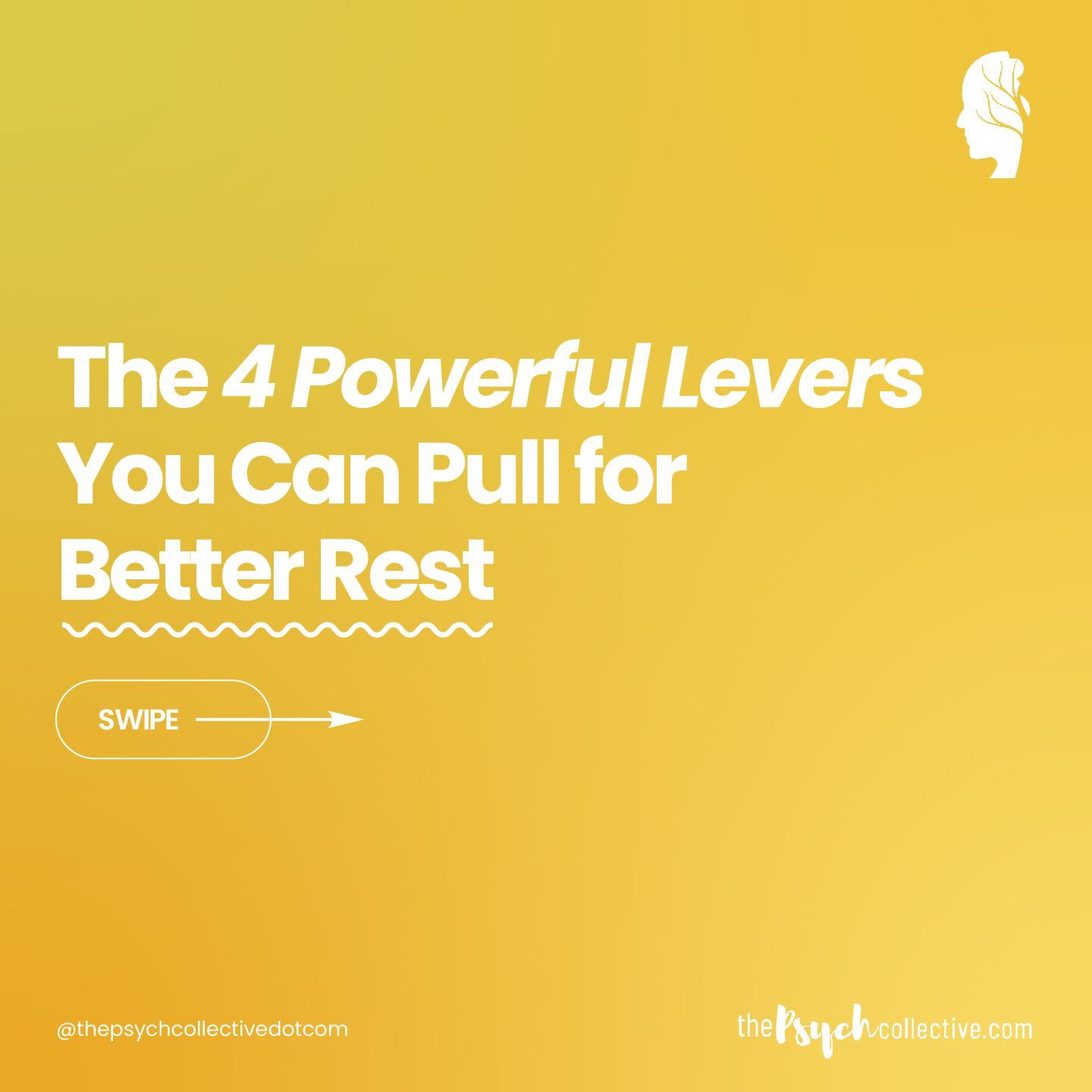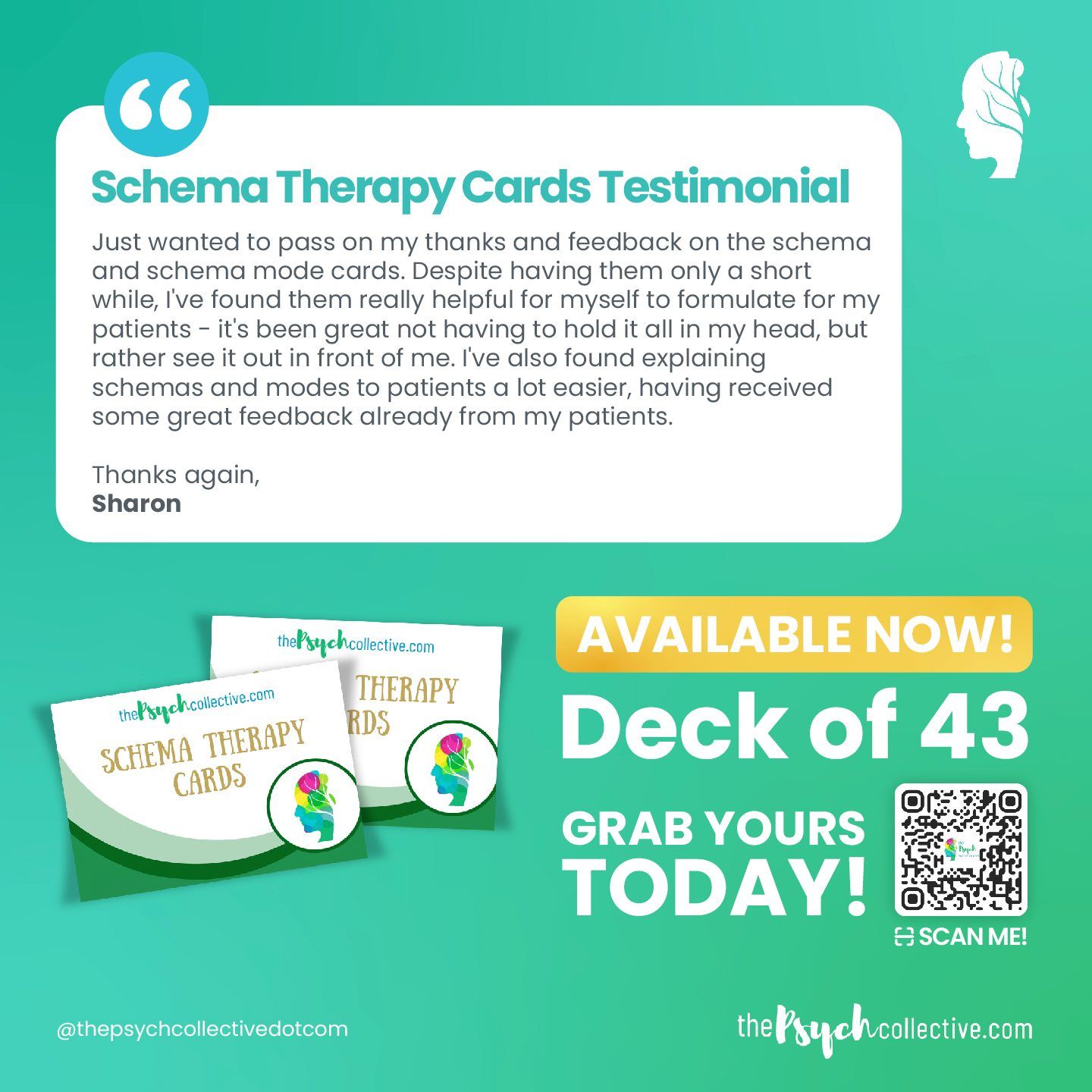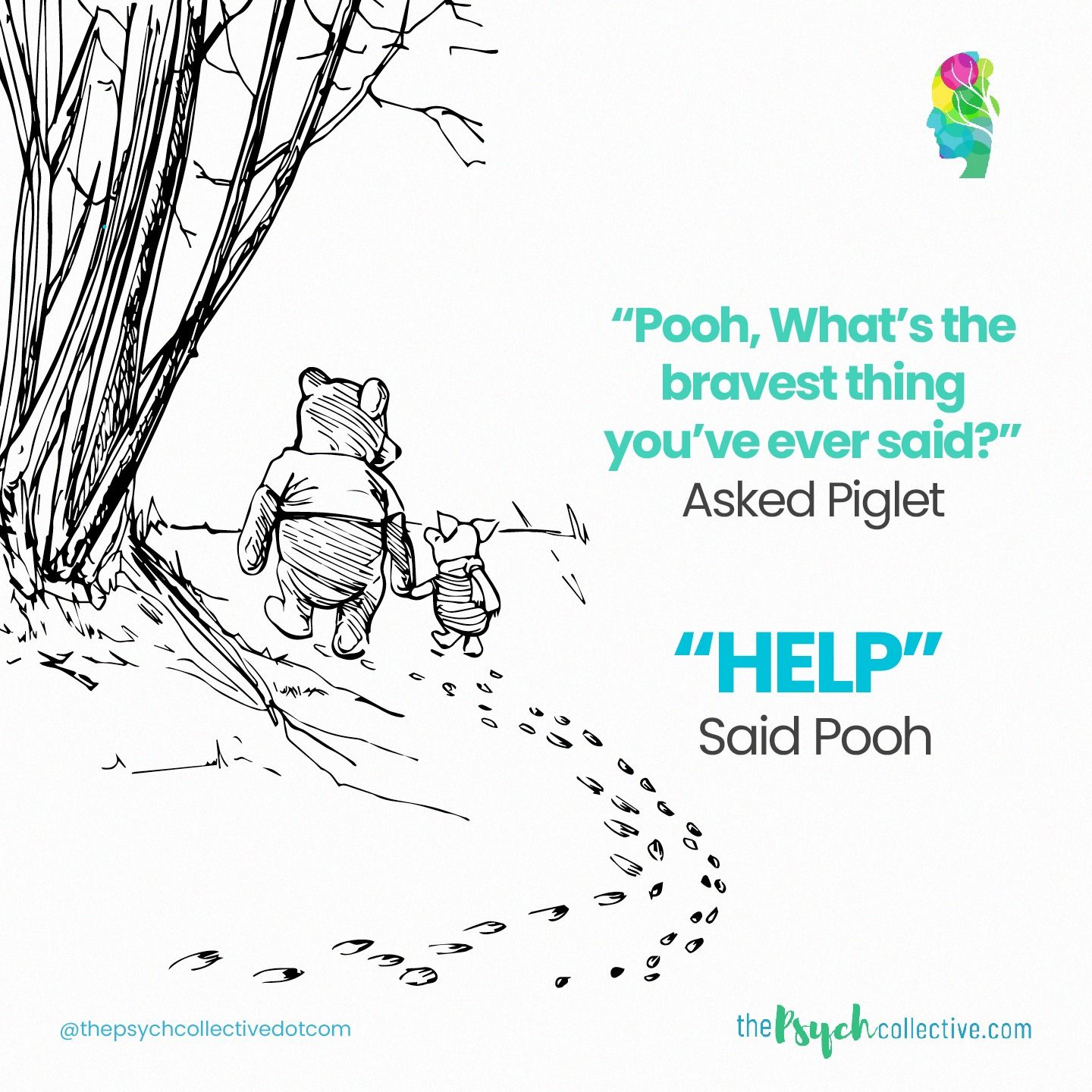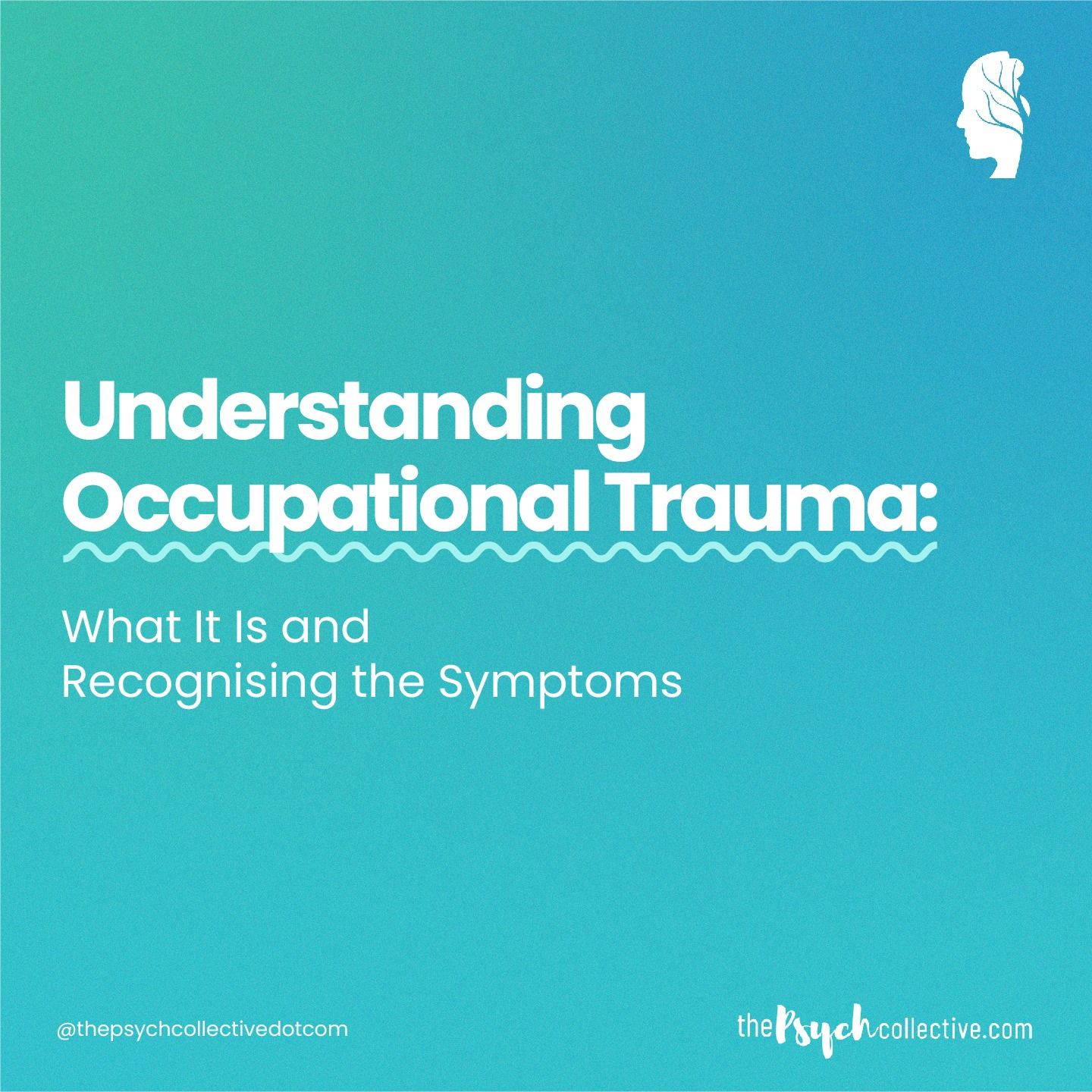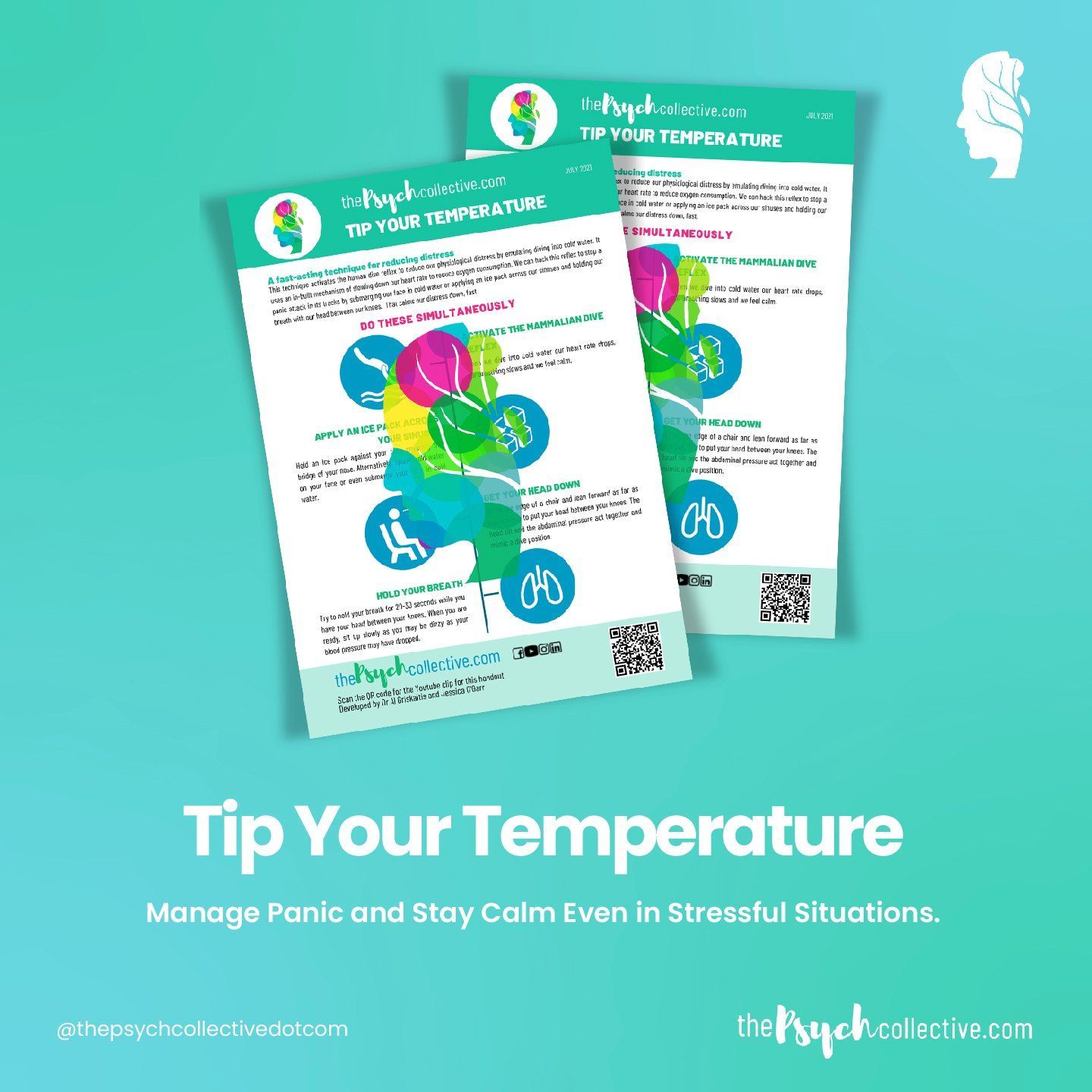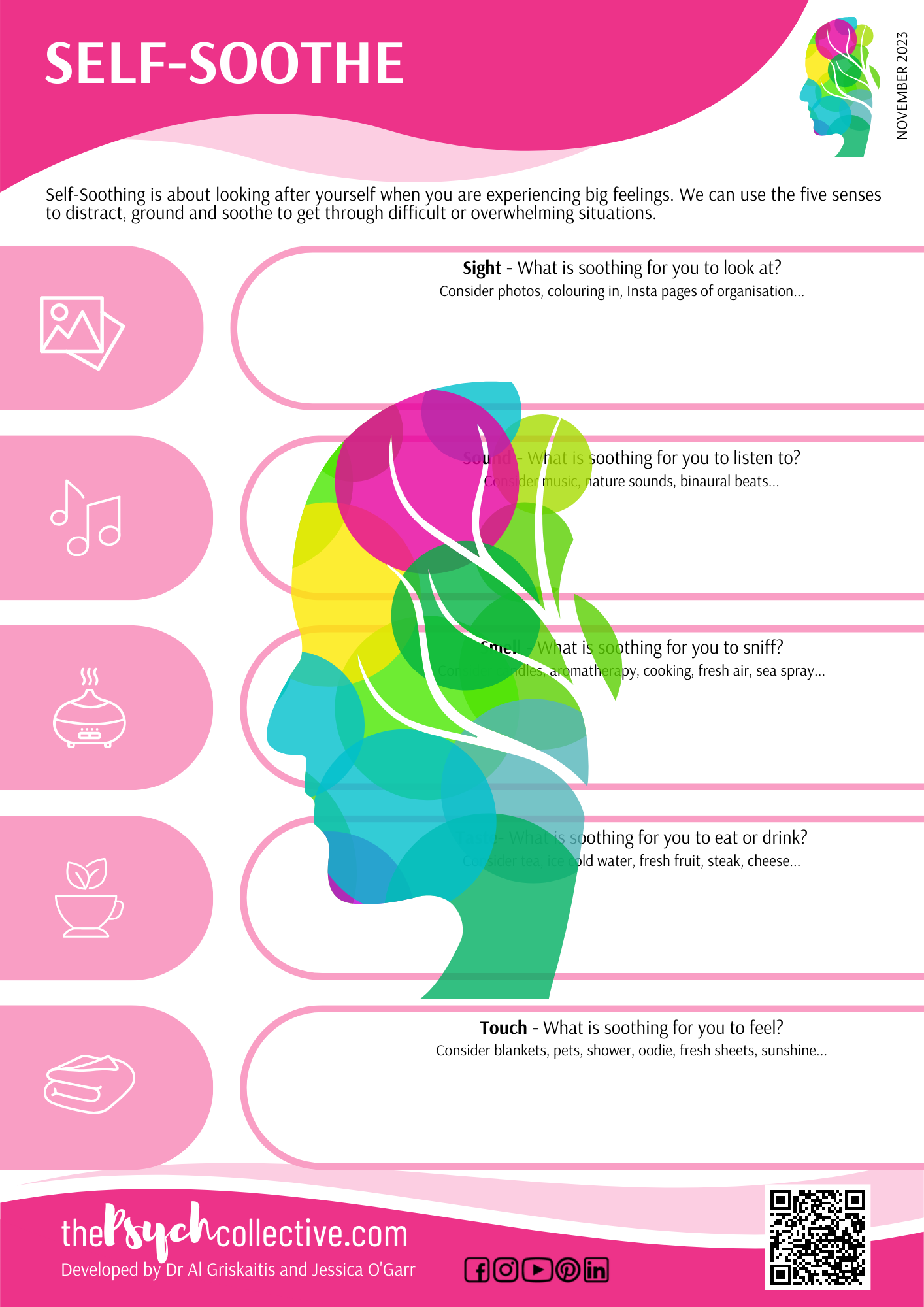Clinic Address: Unit 3, 36-42 Auburn St, Wollongong NSW | Monday to Friday by Appointment Only
Clinic Address: Unit 3, 36-42 Auburn St, Wollongong NSW | Monday to Friday by Appointment Only
Erectile Dysfunction in military and veterans: A practical guide
Erectile Dysfunction is common in PTSD

Overcoming Erectile Dysfunction in Military Personnel:
A Practical Guide
Erectile dysfunction (ED) is a common issue among men in the military, even young men. Often stemming from psychological factors which caused a failed sexual encounter, particularly when anxiety plays a role. These episodes can create a vicious cycle where fear of further failure worsens anxiety, making future encounters feel daunting. It hits one right in one's manhood. It's demoralising. It's quite common in Depression, Anxiety and PTSD.
This guide provides practical steps for breaking this cycle and regaining confidence and your mojo.
Understanding the Vicious Cycle of ED
The first step in overcoming ED is recognising the cycle of anxiety-driven dysfunction. It often begins with one or more episodes of ED, frequently linked to high-pressure situations (e.g., excess stress), anxiety, guilt (e.g., infidelity), or substance use (e.g., alcohol). When an erection fails to occur, the individual may start to fear repeated failure, increasing anxiety about performance, which in turn can cause further episodes of ED.
Simply put: worriedly focusing on the hard-on tends to weaken it.
Initial Steps to Break the Cycle
- Acknowledge the Anxiety: Recognise that performance anxiety is the problem. This is a normal reaction to the previous experiences, and understanding that is a critical first step toward overcoming the issue. For young men, it’s rarely a physical problem, which is reassuring because psychological causes can usually be remedied. That's what this blog is about!
- Avoid Alcohol and Substance Use Before Sexual Encounters: While alcohol might seem to help with relaxation, it can impair sexual function ("brewer's droop"). Staying sober ensures that any issues experienced aren’t worsened by intoxication.
Proper Use of Medications: Viagra is a useful crutch
- Managing Expectations with Medications: Viagra (sildenafil) works by indirectly limiting the breakdown of substance that relaxes blood vessels. The relaxing blood vessel walls to increase blood in the penis. Viagra won’t automatically induce an erection; sexual arousal is still required. Viagra-assisted erections typically come more easily, are firmer, and last longer than usual. The medication's effects last for 4-8 hours, sometimes even longer, but an erection will go away once arousal ends unless you get aroused again.
- Dose matters: Getting the dosage right may require some experimentation: sometimes, just a quarter of a tablet makes a big difference. Larger doses can produce more dramatic results but may also cause headache, which could detract from arousal. It's reasonable to start small and find the minimum effective dose to avoid overusing the medication. In Australia, it comes in 25mg, 50mg, and 100mg strengths. There are only four tablets in a packet, so it can feel like you are wasting them if a sexual encounter doesn't transpire. A common starting point is ¼ of a 50mg tablet. That means you get 16 doses out of a packet of 4 tablets. They are fiddly to cut, but a pill cutter can make that easier.
- Timing Matters: Take Viagra approximately 30-60 minutes before anticipated sexual activity. If you're on a date and things are looking promising, it's better to take the medication preemptively rather than waiting until the last moment, which can be demoralizing if it doesn’t have time to take effect.
- Avoid Over-Reliance on Meds: While Viagra is helpful for breaking the anxiety-ED cycle, think of it as a temporary tool—like crutches for a healing leg. The goal is to build confidence with its help and eventually reduce reliance on it.
- Side Effects: Viagra is generally well-tolerated, but it can cause side effects, especially at higher doses. Common side effects include headaches, flushing, and nasal congestion (caused by changes in blood flow in erectile tissue present in the nose).
Focus on Enjoyment with the Reassurance of the Viagra
- Get Comfortable with the Viagra: Engage in sexual activities without the pressure to perform perfectly. This could include solo experimentation to understand the medication's effects. When with a partner, a supportive environment is ideal. Single individuals may have to navigate dating, which can add pressure, so don’t underdose. If you're prone to headaches, take some paracetamol to lessen the impact.
- Set Realistic Goals: Focus on intimacy and satisfying your partner in other ways (e.g., manual or oral stimulation). Doing so tends to be arousing and takes your focus off your erection. This approach keeps your attention on your partner, rather than on your own performance. Gradually work towards full sexual activity as anxiety decreases and arousal increases. If you get soft, swap out to manual or oral stimulation.
- Practice Makes Perfect: As you become more comfortable, keep practicing to create positive experiences that replace previous negative associations. Avoid porn completely and refrain from ejaculation in the days prior to a sexual encounter to stack the deck in your favor. Masturbation while refraining from ejaculation will build up more sexual tension.
- Gradual Tapering of Medication: Once you’ve had successful encounters with Viagra, consider gradually reducing the dose/use. Techniques that boost nitric oxide naturally, like sunlight exposure on large areas of skin (without burning), can help maintain blood flow and support natural erections.
Alternative Therapies and Techniques
- Pelvic Floor Exercises (Kegels): Strengthening the muscles involved in erections can improve erectile function. Practicing Kegels daily can increase muscle control and blood flow, leading to stronger erections. Try contracting the muscles used to stop urination, holding for five seconds, and then releasing. Aim for three sets of 10 repetitions daily.
- Anxiety Alleviation Techniques: Employ tactical breathing before sexual activity to reduce anxiety. For example, inhale for a count of four, hold for four, exhale for four, and pause for four.
- Natural Methods to Increase Nitric Oxide: Exposure to sunlight on large areas of skin boosts nitric oxide production, improving blood flow and supporting erections naturally. Aim for 30+ minutes of direct sunlight on your body (strip down to your shorts, no sunscreen), turning over after 15 minutes. Do this when your shadow is longer than you are tall to avoid sunburn. Supplementing with arginine may also help, as the body uses it to produce nitric oxide.
- Constriction rings ("cock rings") are elastic devices placed at the base of the penis to restrict blood flow, helping to prolong an existing erection by keeping blood in the penis. They can be helpful but require practise in their use.
- Circulatory Breathing ("Microcosmic breathing") This alternative practice, rooted in Taoist traditions, involves a breathing technique that alters blood pH to enhance emotional state while engaging in non-ejaculatory masturbation. The idea is that is builds and retains "sexual energy". It can heighten arousal and enhance control over sexual function, it can intensify and prolong arousal, potentially contributing to better sexual function.
Factors That Can Worsen ED
Certain medications and lifestyle factors can make ED more challenging to manage, especially for those with PTSD. If the Viagra isn’t quite doing the trick, then chat with you doctor about the issues raised below. Delaying a dose can sometimes open up a window for the function to improve.
- Antidepressants: Medications like SSRIs and SNRIs, commonly prescribed for mood, anxiety or PTSD, can cause or worsen ED as a side effect. They typically delay ejaculation, often decrease libido and, but sometimes they make it harder to achieve an erection. If you notice these symptoms, speak to your doctor about adjusting the dose, switching medications, or differently timing/skipping your dose before a planned sexual encounter.
- Blood Pressure Medications (e.g., Clonidine, Prazosin): These medications are sometimes used to manage PTSD symptoms, such as nightmares and hyperarousal. However, they can contribute to erectile difficulties. It’s worth discussing with your doctor whether it’s safe to skip or delay these medications in the lead-up to a sexual encounter to reduce their impact on erectile function.
- Alcohol and Recreational Drugs: While alcohol might initially seem to help relax you, it can impair sexual performance. Recreational drugs, particularly depressants can also worsen ED by affecting your central nervous system.
- Sedatives and Sleeping Pills: These medications can dull arousal and make it difficult to achieve or maintain an erection.
Long-Term Strategies
- Professional Help: If ED persists, it may be necessary to explore deeper psychological factors. Therapy can address underlying trauma, stress, or negative thought patterns that might be contributing to the issue. Testosterone can be checked, but low testosterone is mostly associated with low libido rather than erectile function and is rare in young people.
- Lifestyle Adjustments: Strength exercises, meat, hydration, and adequate sleep can positively impact overall health, which in turn enhances erectile function. Avoiding a sedentary lifestyle, excess weight, poor diet, and alcohol use will also help improve erectile function.
Conclusion
Erectile dysfunction is most often a treatable condition, especially when addressed with practical strategies. By understanding the anxiety cycle, using medication appropriately, and incorporating alternative techniques, young men in the military can overcome ED. Remember, progress is gradual, and setbacks may occur. Consulting a healthcare professional to rule out other underlying conditions and guide treatment can be an invaluable step.
Side Note: DVA claims
Making a veteran's claim for erectile dysfunction is an important way of honouring your sacrifice to service. In Australia, DVA claims for Erectile Dysfunction provide "points" which should not be left off the table. You need to address strict criteria for the claim to "get up"! So make sure the doctor who does your report addresses the linkage to service e.g.: "The veteran's Erectile Dysfunction is connected to service, as he had service-related clinically significant disorders of mental health at the time of the clinical onset of Erectile Dysfunction" .
I have helped many veterans with DVA claims and if you need a psychiatrist to help with an Australian DVA claim, take a look at my DVA report page.
Kind regards,
Dr Al Griskaitis, psychiatrist
Categories
About Our Resources
We offer actionable resources and teach real skills to help people make meaningful change in managing mental health issues through different modes depending on people's learning preferences including infographics, text, worksheets, handouts and video.

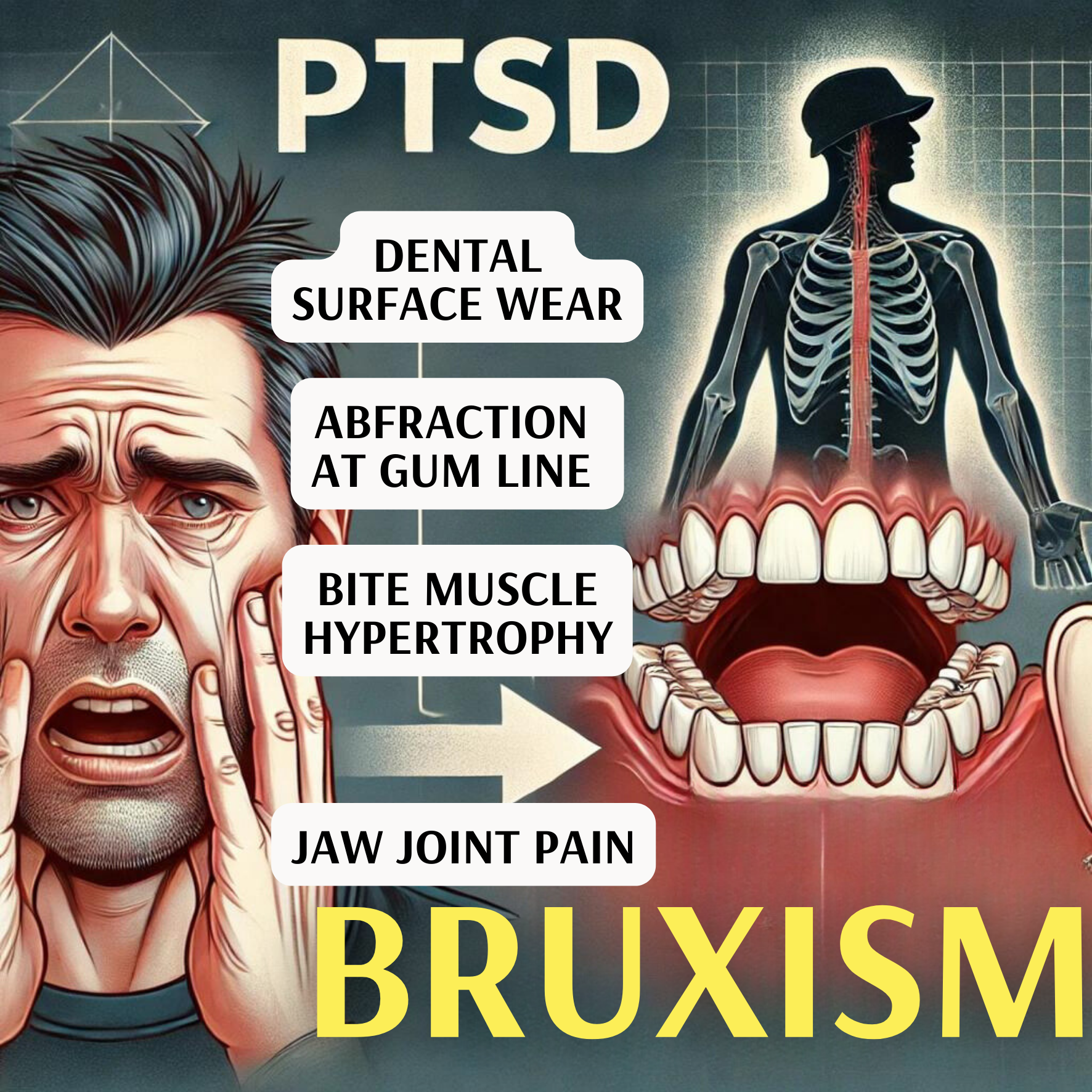

-
View Resources Here
We hope you enjoy reading this blog post.
We offer actionable resources and teach real skills to help people make meaningful changes in managing mental health issues. View resources here.
We hope you enjoy reading this blog post.
We offer actionable resources and teach real skills to help people make meaningful change in managing mental health issues.

It is our aim to offer actionable resources and teach real skills to help people make meaningful change in managing mental health issues, especially for those who can’t access other help.
